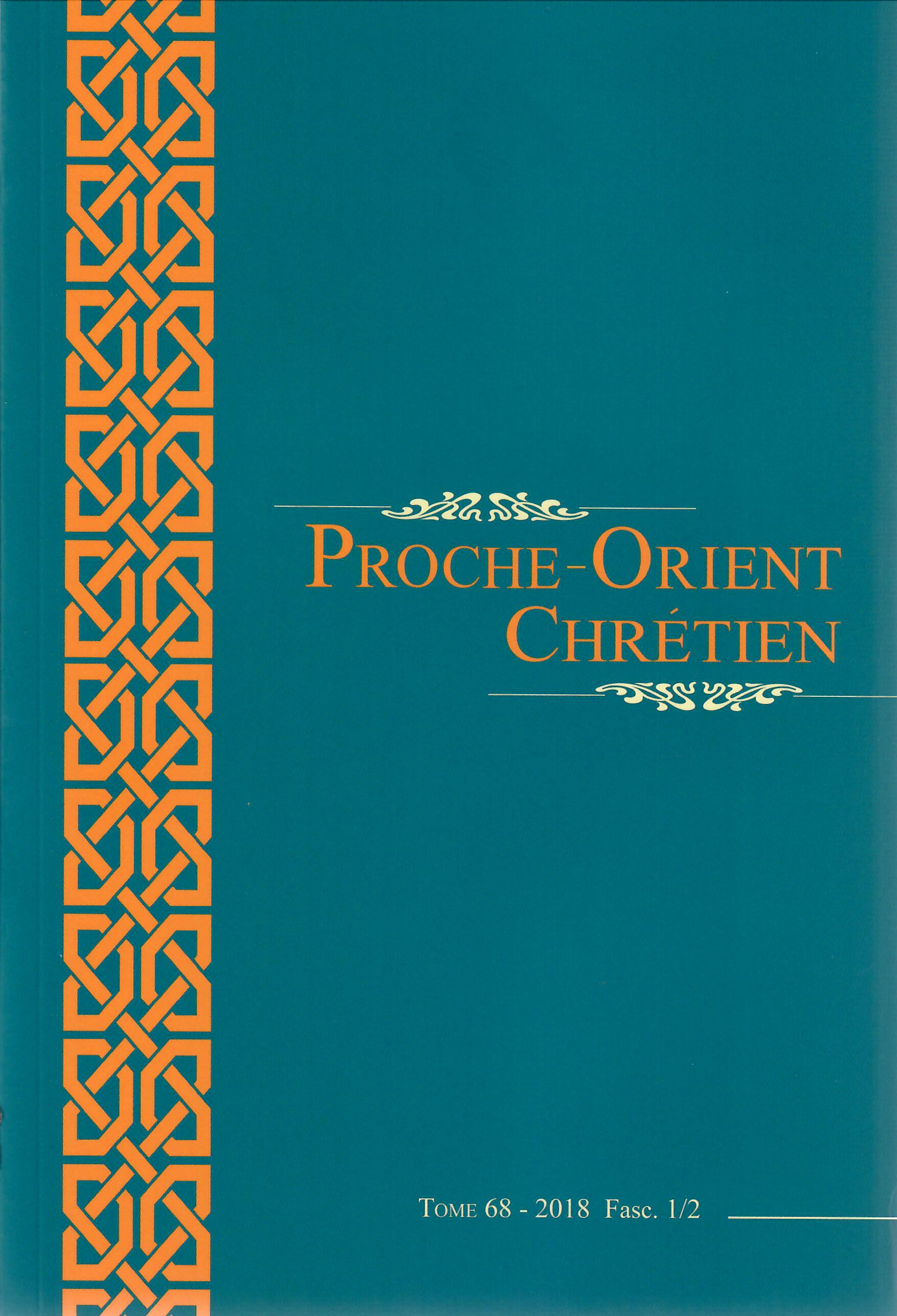Abstract
Never, during her history, has the Church faced such a decisive and crucial challenge as in the fourth century’s “Arian crisis”. This study analyses it through the various confessions of faith issued by several local councils held in Antioch during that time, for they express its complexity and the theological problems which were at stake. Its conclusions tend to qualify some of the usual sharp statements concerning this topic. First of all, it appears that the Church herself had never been Arian; a doctrine which concerned only a few members of the elite, though they could be influential. On the other hand, it would be wrong to qualify the christological doctrine of the large majority of eastern bishops as being “Semi-Arian”, for it was, instead, proceeding from and old subordinatianist trend. Their obsession toward any kind of monotheistic modalism may be explained by the great schism which occurred, precisely at that time, between Christianity and Judaism. Finally, the conciliar endeavor of the fourth century saw the triumph of a soteriological and scriptural type of theology, alongside an audacious shaping of a new Greek-speaking conceptualization, elaborated through a sometimes painstaking and confuse process.

